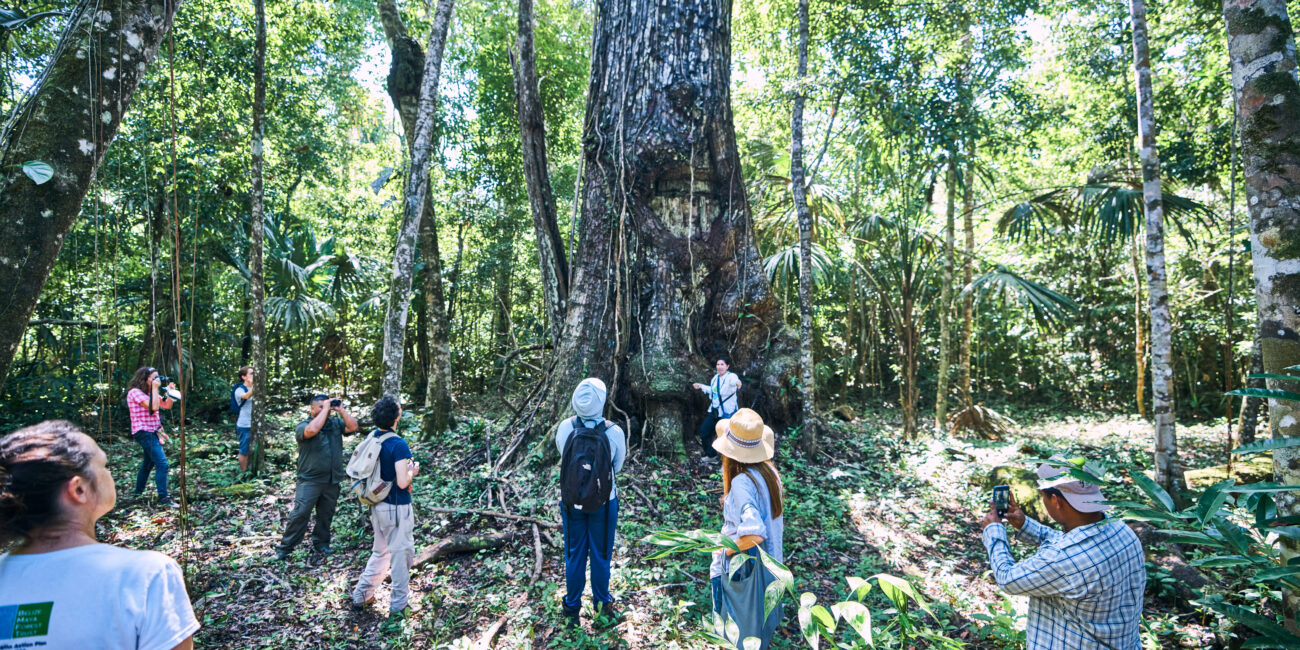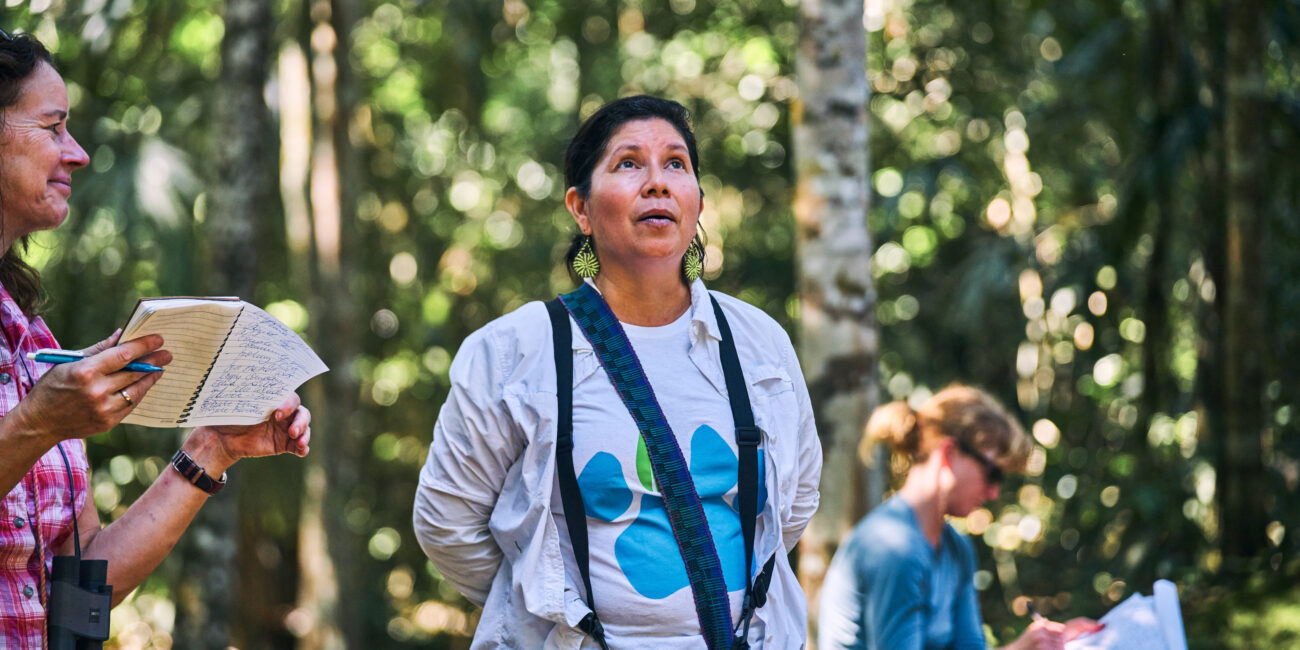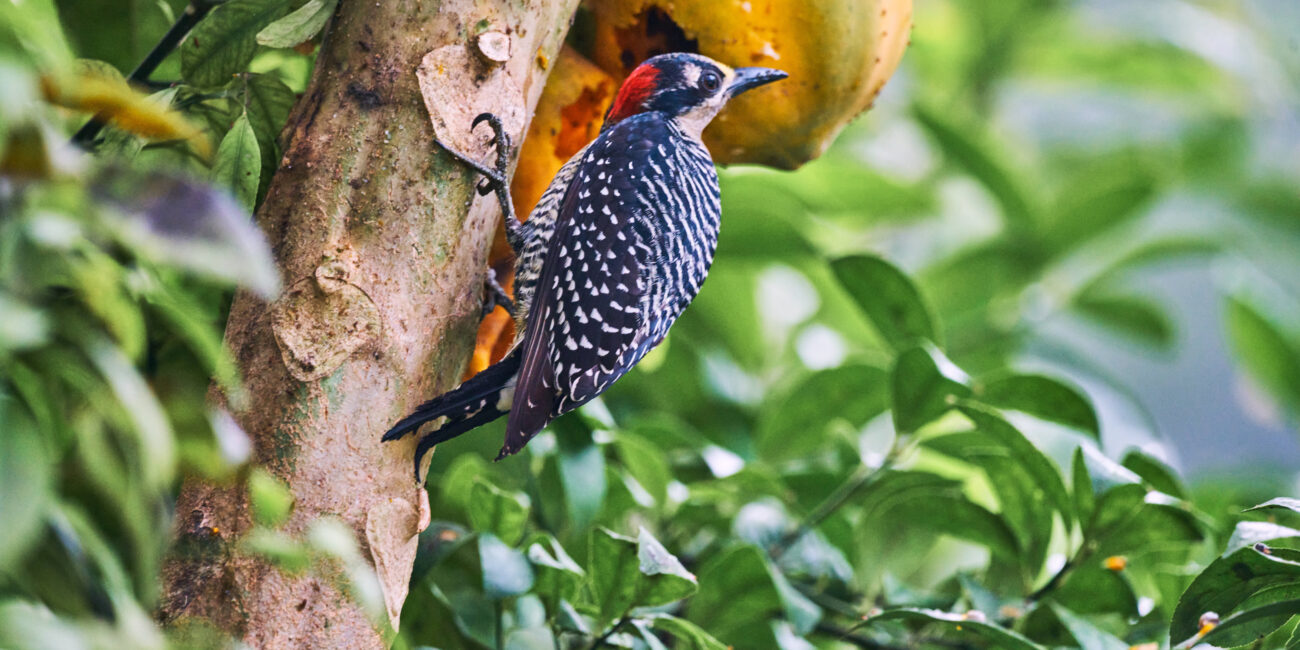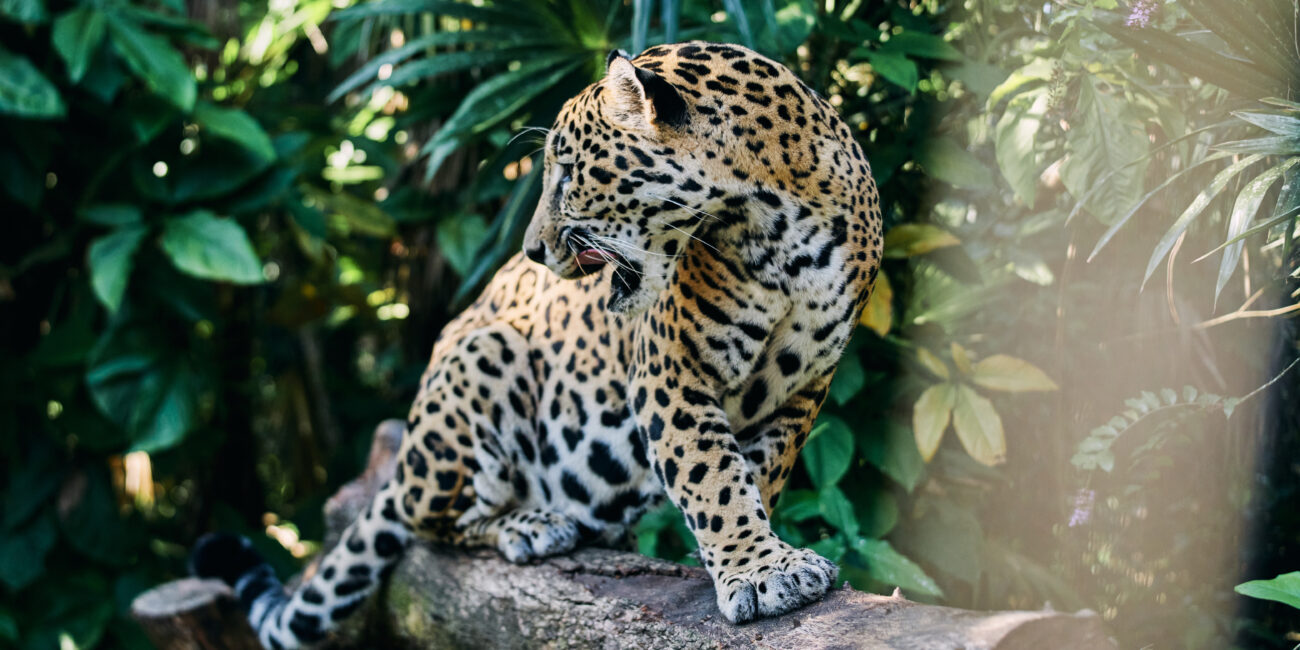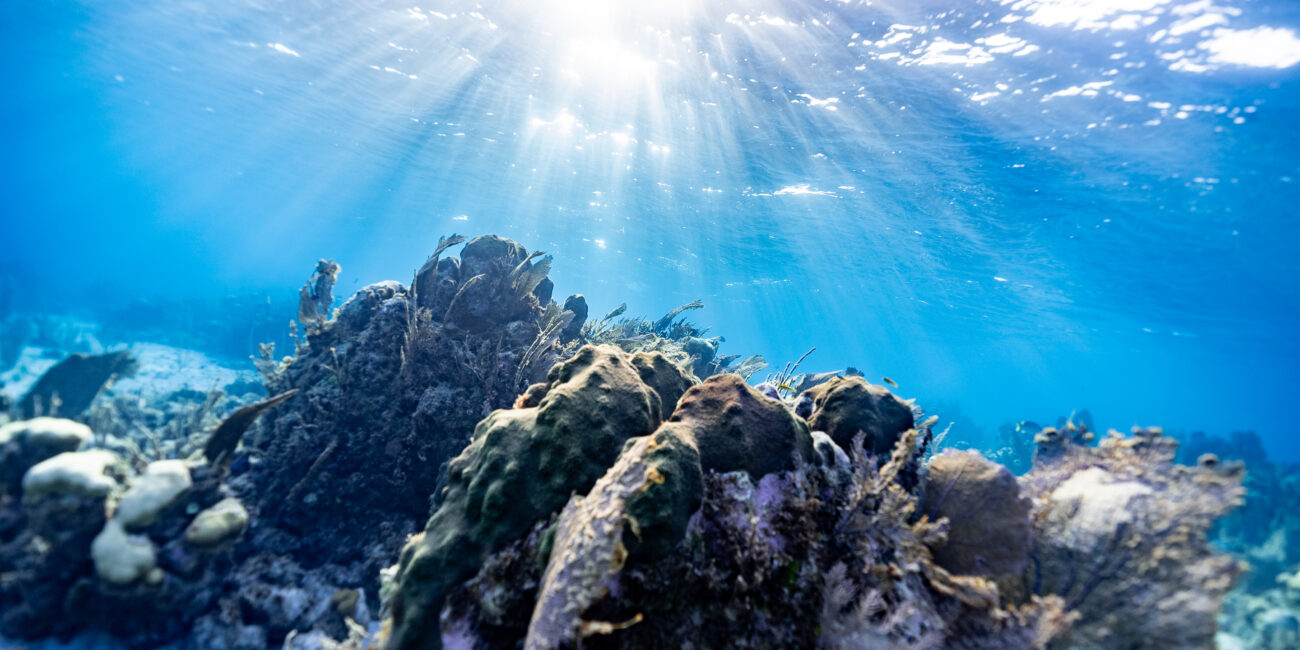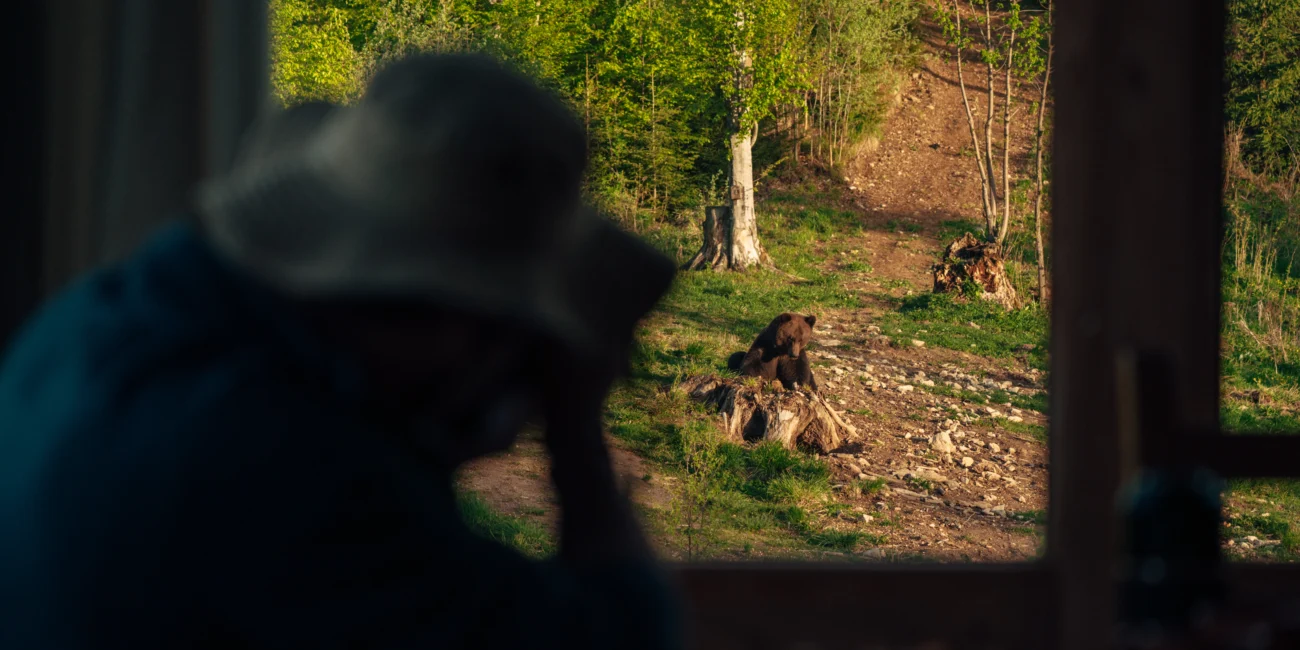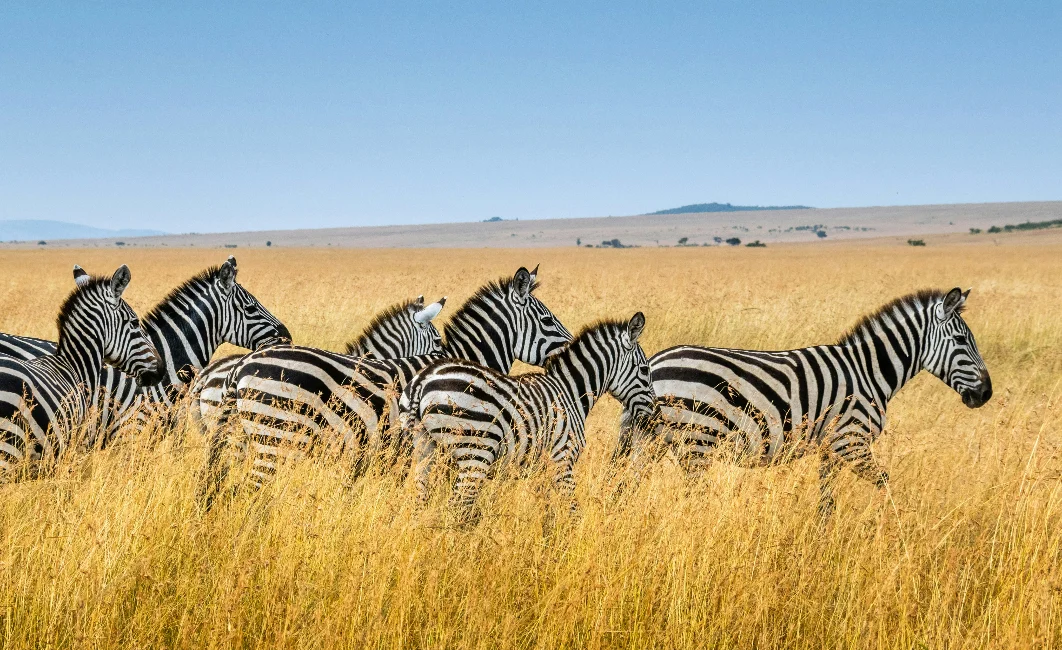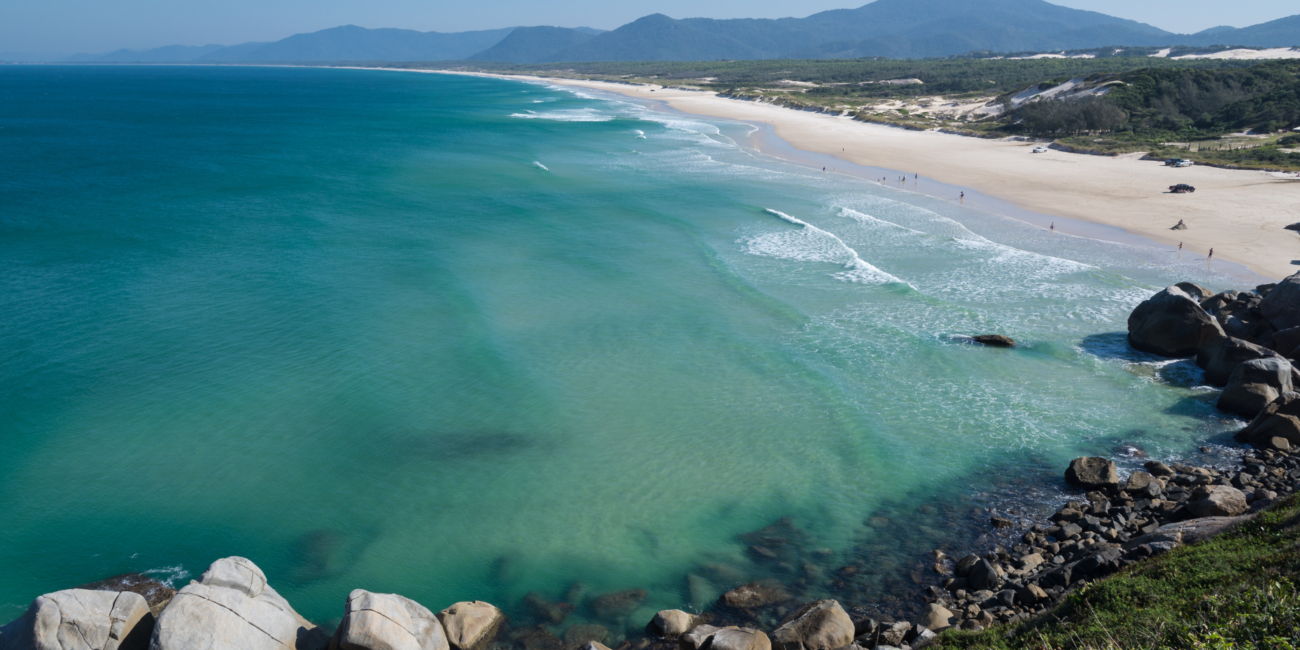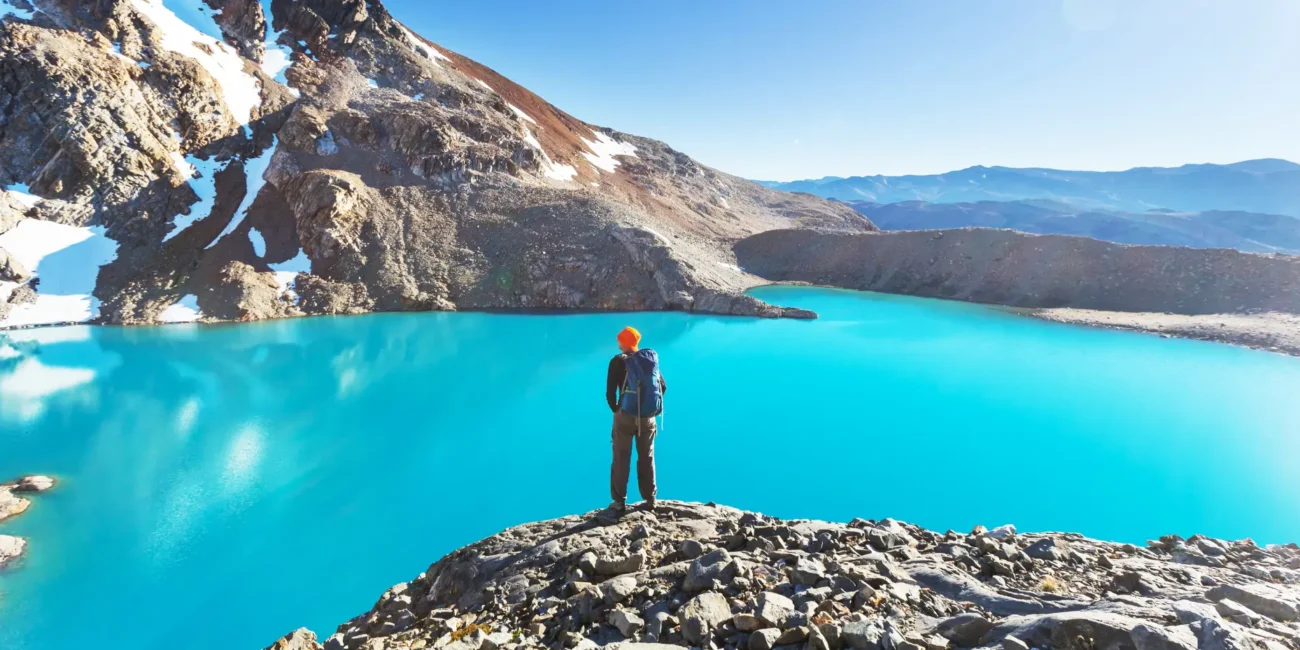A nation of just over 400,000 citizens, Belize was protecting its ecosystems long before the UN’s commitment to protect 30% of the world’s land and sea by 2030. With 40% of Belize’s lands and 28% of its waters already under protection (some 60% of Belize remains forested, with 43% of this being carbon-rich ‘primary forests’), this small nation packs a mighty conservation punch – and female leadership is at the forefront of the nation’s conservation success.
Between 21st February – 1st March 2025, we will be fortunate enough to join three of Belize’s pioneering female guardians, exploring three distinct biomes whilst gaining insight into their unique specialisms and successes. Read on to learn more about the women paving the way for a greener future in Belize whilst creating an example for nations the world over.
All images, including cover image, credit of Kevin Quischan.
Dr Elma Kay
Having grown up surrounded by lush, tropical forest near a lagoon in rural Corozal, Belize, Elma has had a great appreciation for nature since a young age.
“We were always playing outdoors and looking for animals and trying to figure out what we could eat from the bush. That ecosystem is a part of what I grew up exploring – it was a very outdoorsy life and childhood.”
Over the years, education took her further and further from home, first receiving a scholarship to St. John’s Junior College in Belize City and then heading to Saint Louis University to achieve a double major in biology and chemistry. Bound for work as a graduate pursuing a masters in molecular biology, Elma knew she wanted to end up in a space where she would get to be outdoors again. In pursuit of her PhD, her fieldwork took her across the Caribbean, to Jamaica, Puerto Rico, the Dominican Republic and Cuba – but her goal was always to come home.
Having grown in confidence and experience, her return to Belize coincided with the first-ever national protected area system plan adopted by Belize, and the Environmental Research Institute she co-founded at the University of Belize was designed to fill the science gaps that this plan required.
“In all those years of working to build that capacity for science, I also realised how much of it has everything to do with people, and little with science.”
These experiences led Elma to create the Maya Forest Corridor Trust, together with her colleagues – a Belizean non-profit that is the trustee for lands in the Maya Forest Corridor, purchased to protect against clear-cutting. This vital stretch of forest also allows animals to move freely across their habitat, improving breeding opportunities and helping to bolster population growth. Jaguars, tapirs, river turtles, pumas and peccaries, which have disappeared across 87 percent of their range in Mesoamerica, are just some of the species that now benefit from the 23,000 acres of land protected by Belize Maya Forest Corridor Trust, together with partners such as The Nature Conservancy and Re:Wild.
“Healthy wildlife populations are a critical part of our economy, culture and history in Belize.”
During our exploration of Belize’s three biomes, we will join Dr. Elma to gain a back-stage pass to her work in the Belize Maya Forest. Gaining first hand insight into the efforts and successes of Belize Maya Forest Corridor Trust, we will encounter the protected area’s wild inhabitants whilst learning from the female pioneer championing its growth. Find out more here.
Dr Marcella Kelly
Dr. Marcella Kelly is a Professor in the Department of Fish and Wildlfie Conservation (FWC) in the College of Natural Resources and Conservation (CNRE) at Virginia Tech. Her research focuses on estimating demographic parameters for difficult-to-track, large, forest-dwelling carnivores in order to promote biodiversity conservation.
Having established the largest camera trapping project in the world, Marcella now uses remotely-triggered cameras and non-invasive genetic samping over large landscapes in Belize to determine population size or density, connectivity and other factors that impact species’ population health, with a particular focus on the king of Latin America’s jungles – the jaguar.
Her research has resulted in over 100 peer-reviewed scientific papers on population densities and trends for numerous large and medium sized tropical cats and she is a member of the IUCN Cat Specialist Group responsible for reviewing the threatened and endangered statues of multiple felid species.
Together with her expert field team, she will lead our group through winding jungle vines and forest trails in pursuit of Belize’s biggest cat, explaining her invaluable fieldwork and its contribution to our global understanding of big cats as we go. Find out more here.
Delonie Forman
From land to sea, our journey travels through Belize’s rainforests, across tropical savannah, and arrives at the ocean – where Turneffe Atoll Sustainability Association (TASA) is working to protect and manage the largest and most biodiverse coral atoll in the Caribbean.
Here, we will join Delonie Forman, TASA’s Tourism Director, who is responsible for improving TASA’s financial sustainability, to garner insights into the effective management of this breathtaking ecosystem and the marine life it protects.
Learning from her perspective on the vitality of Marine Protected Areas, Delonie will help spotlight the importance of high-value, low-impact tourism to the region and emphasise the power of meaningfully connecting the Atoll’s guests with the habitat they enjoy visiting.
During exploration of Turneffe Atoll’s mangrove forests, seagrass beds and coral reefs in the company of TASA’s marine biologists, we will gain a greater understanding of the important balance between business, tourism and science in protecting these invaluable ecosystems. Find out more here.
Experience Belize
Join Elma, Marcella and Delonie in Belize to learn alongside some of the most ambitious female conservationists of our time.
During an eight-night exploration of terrestrial and marine ecosystems, with discovery of endangered wildlife, endemic flora and the local characters championing change, embark on a transformative journey to learn, celebrate and catalyse the advancement of nature restoration in this extraordinary ecosystem.
21st February – 1st March 2025
$11,450 per person
Fully inclusive, including a 20% donation to Belize Maya Forest Trust, Virginia Tech’s Jaguar Project and Turneffe Atoll Sustainability Association.
Speak with a specialist to learn more.
Register your interest to secure a place.
DIG A LITTLE DEEPER.
Contribute to Positive Impact on a Hosted Journey.
Connect with Impact Partners around the world during a Private Experience.
